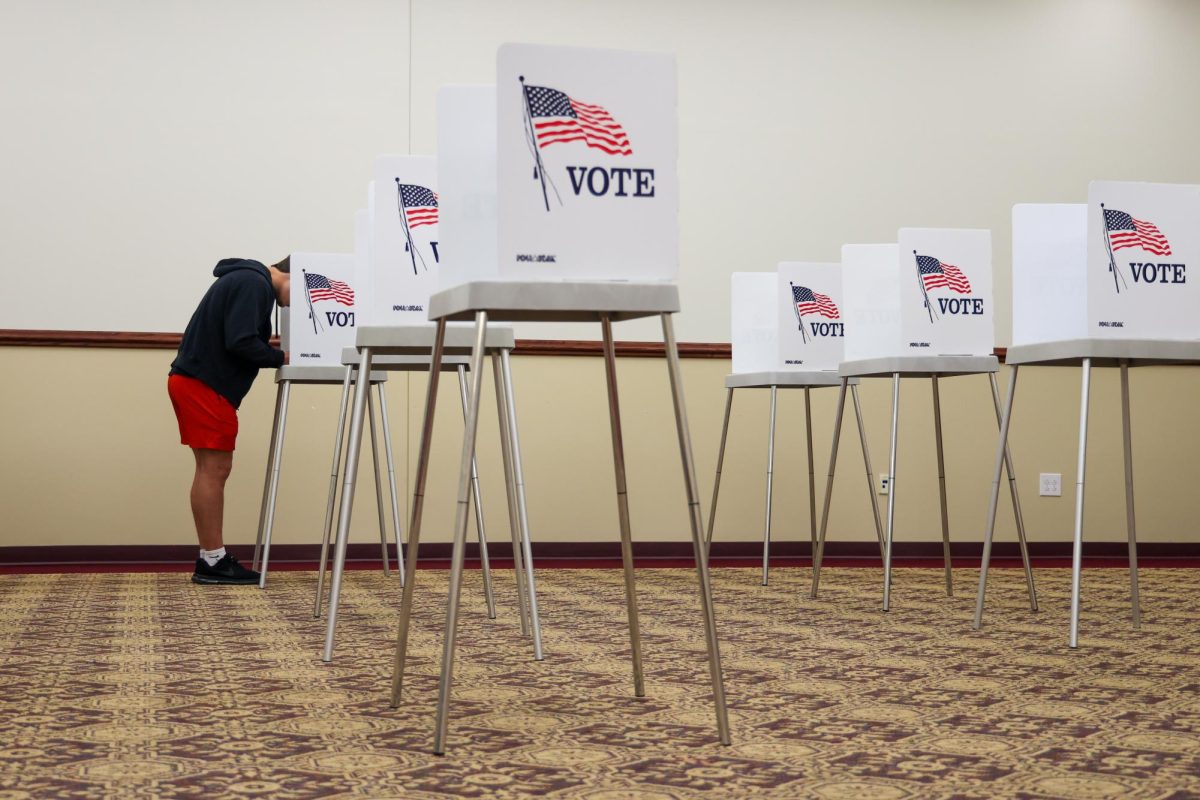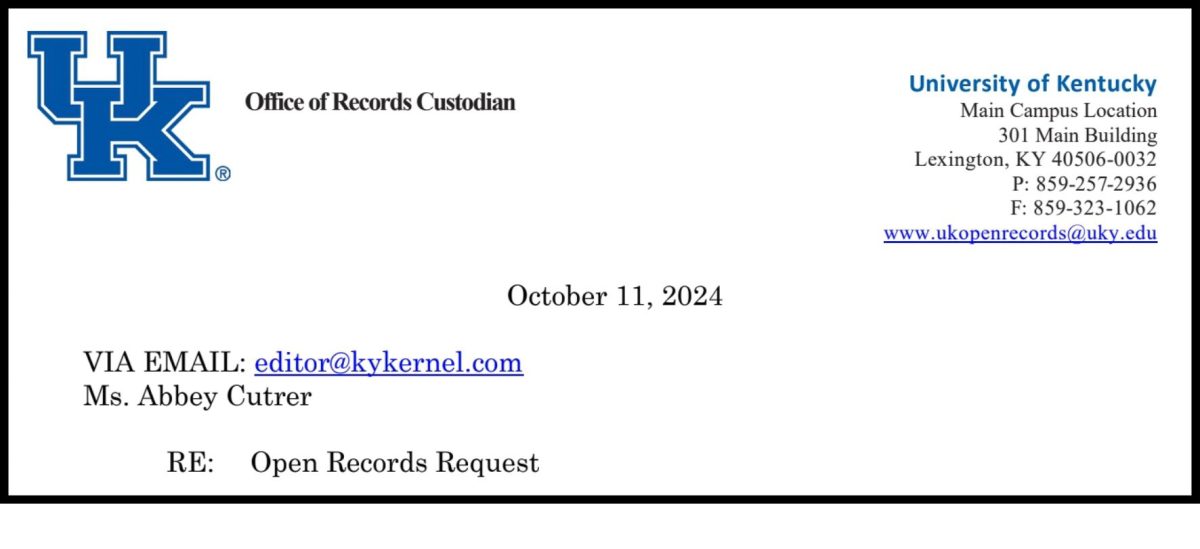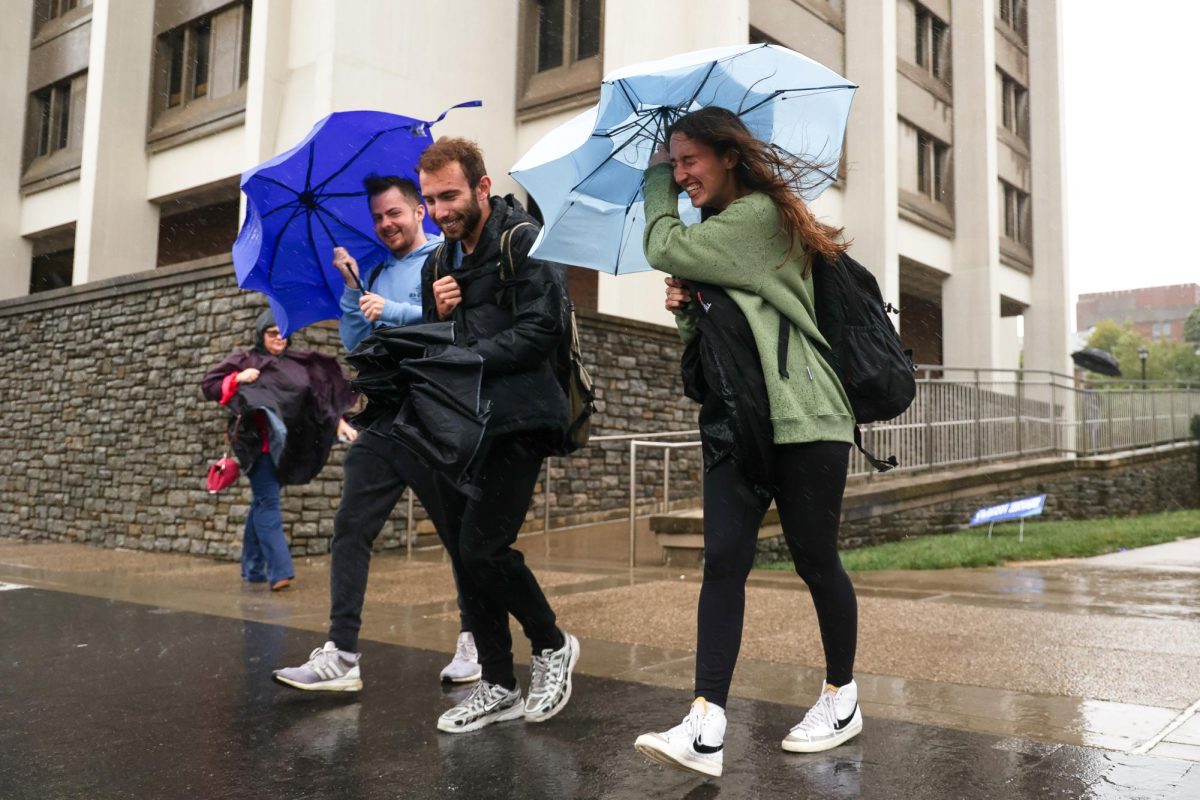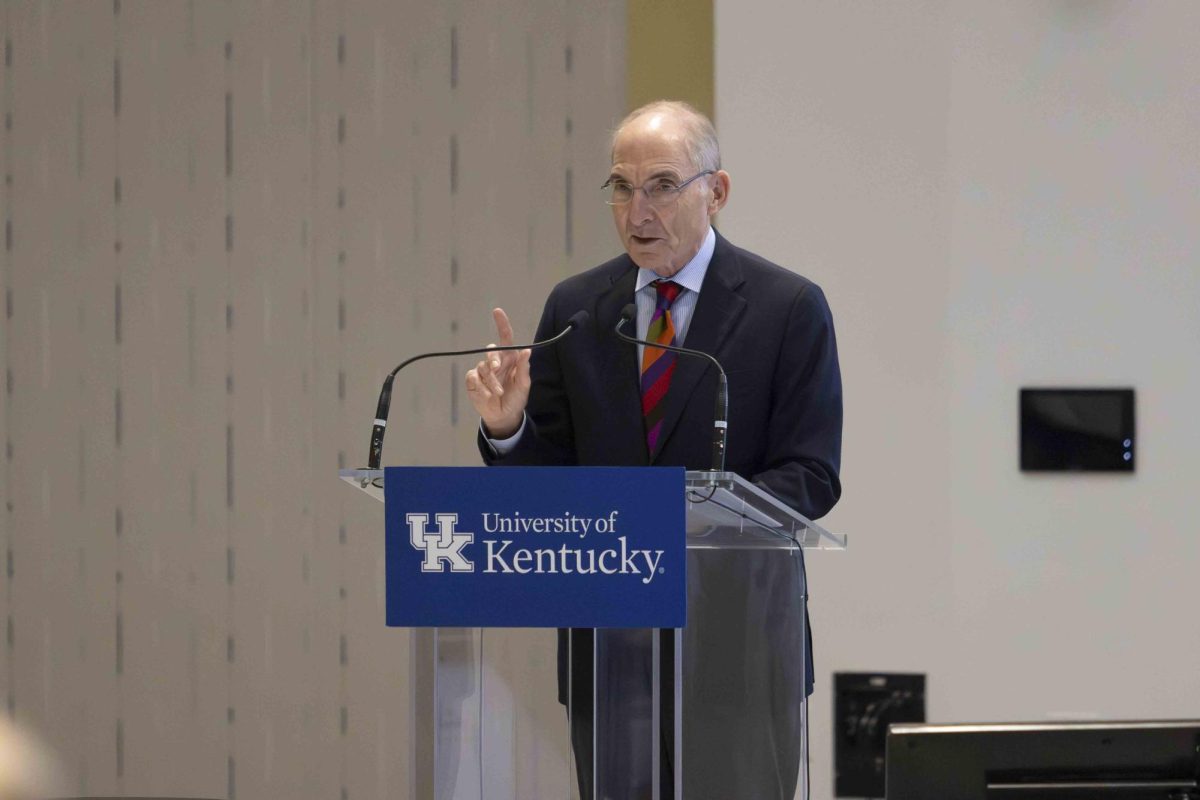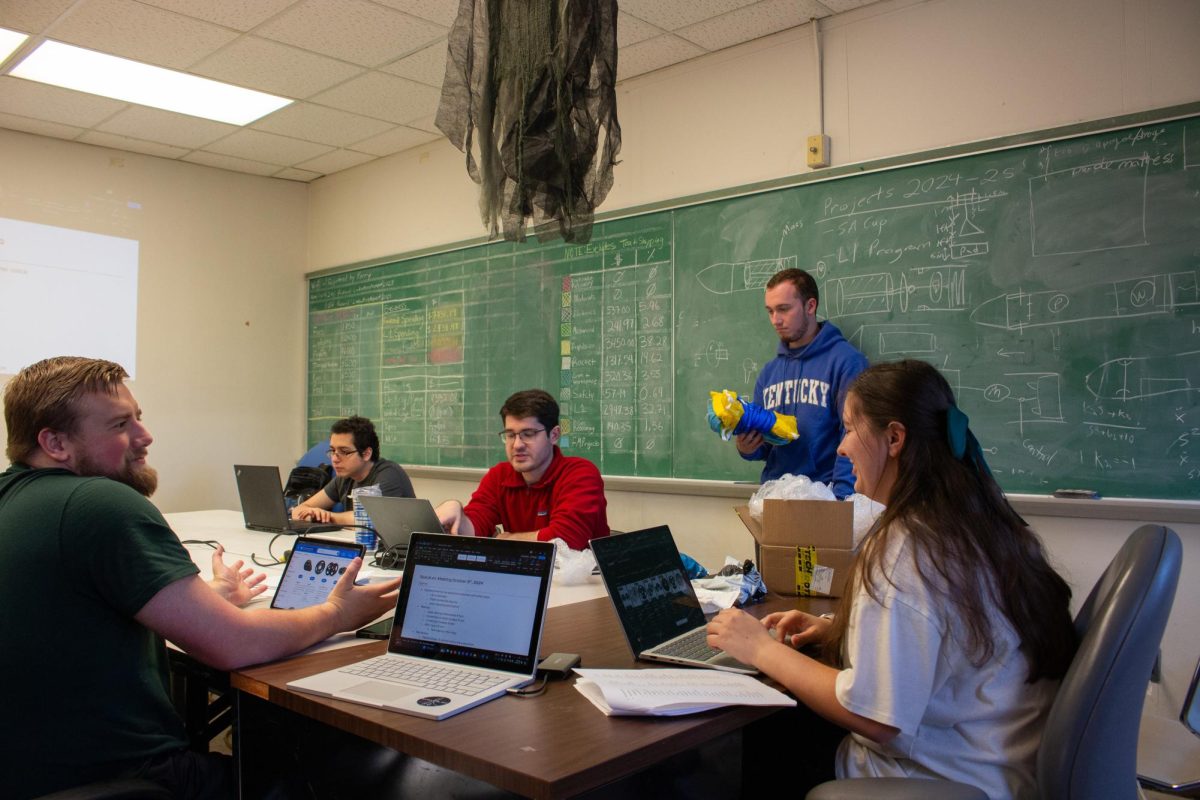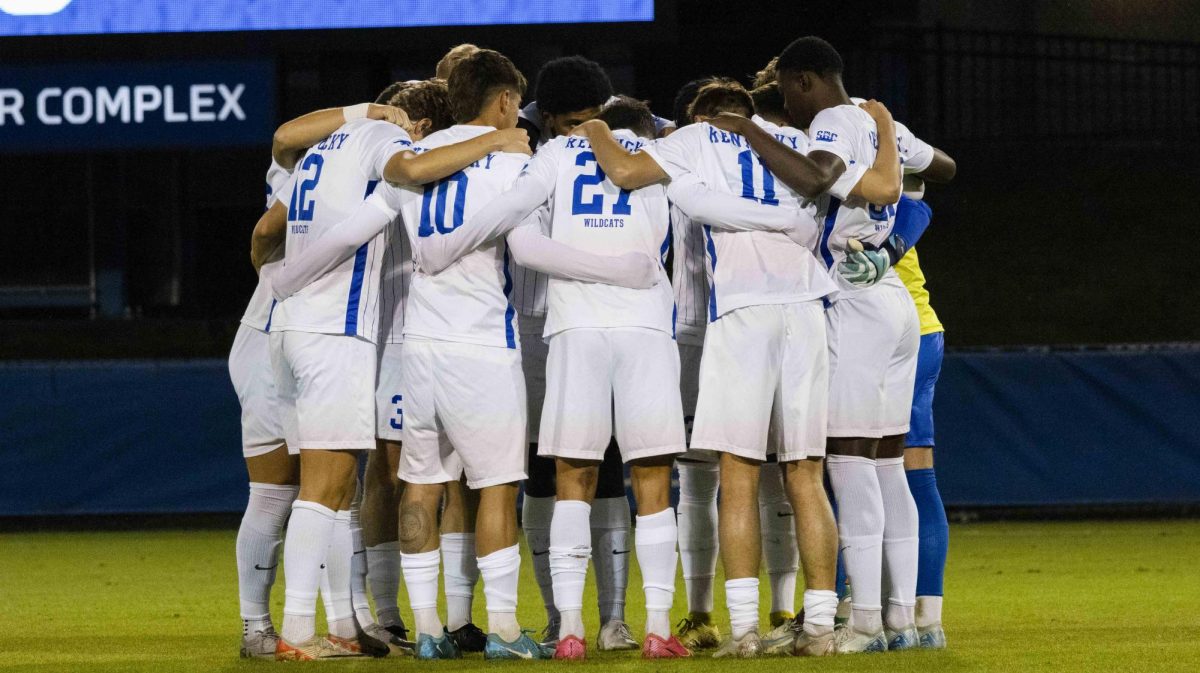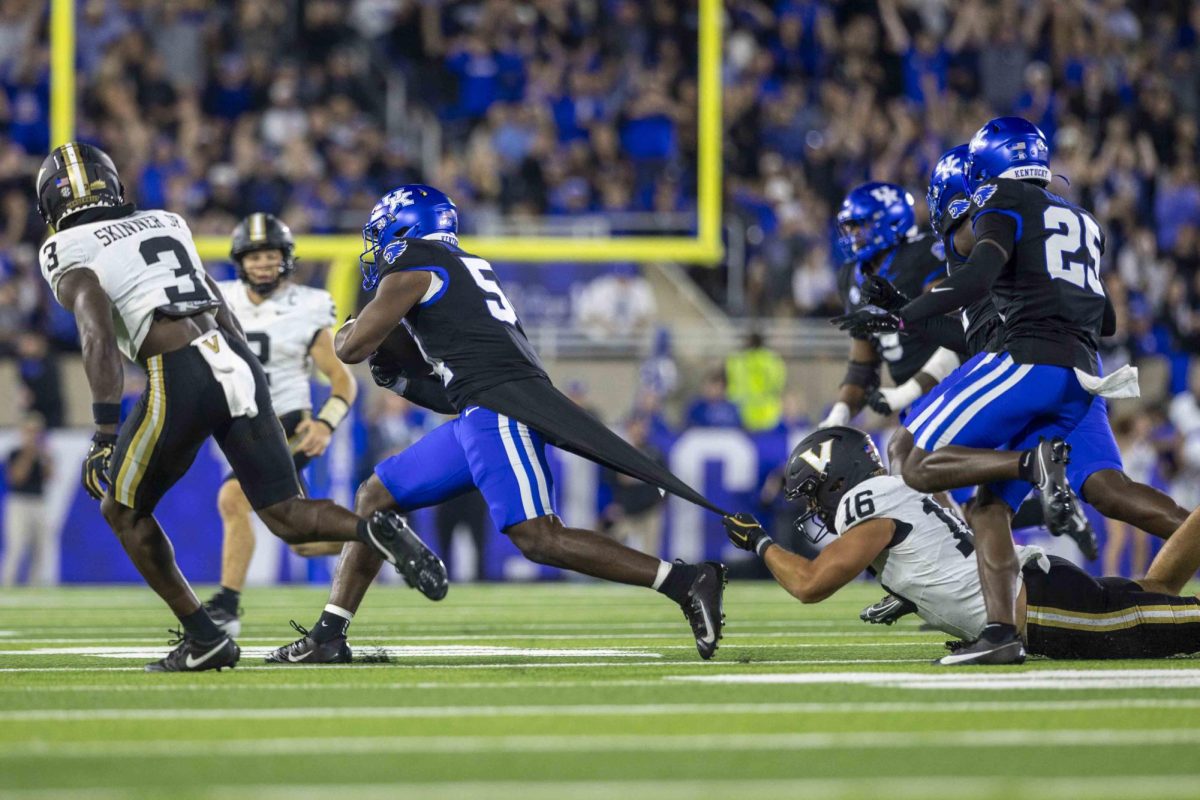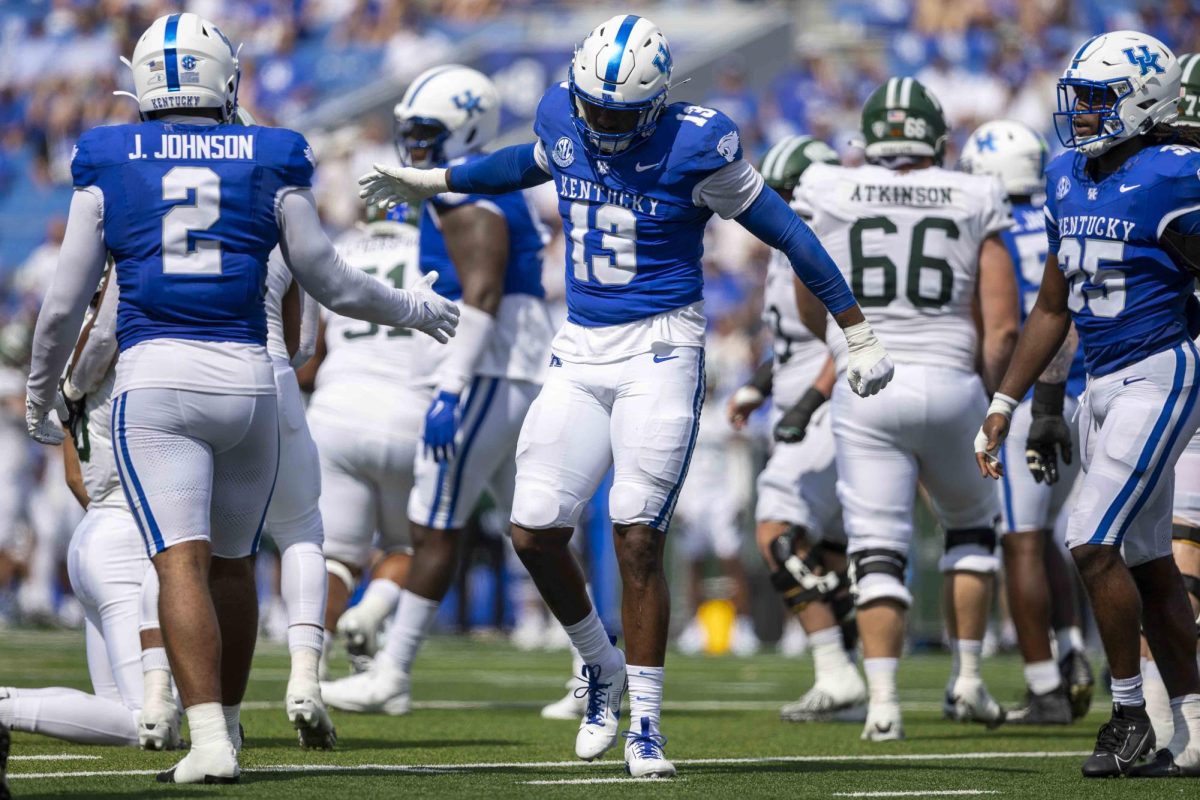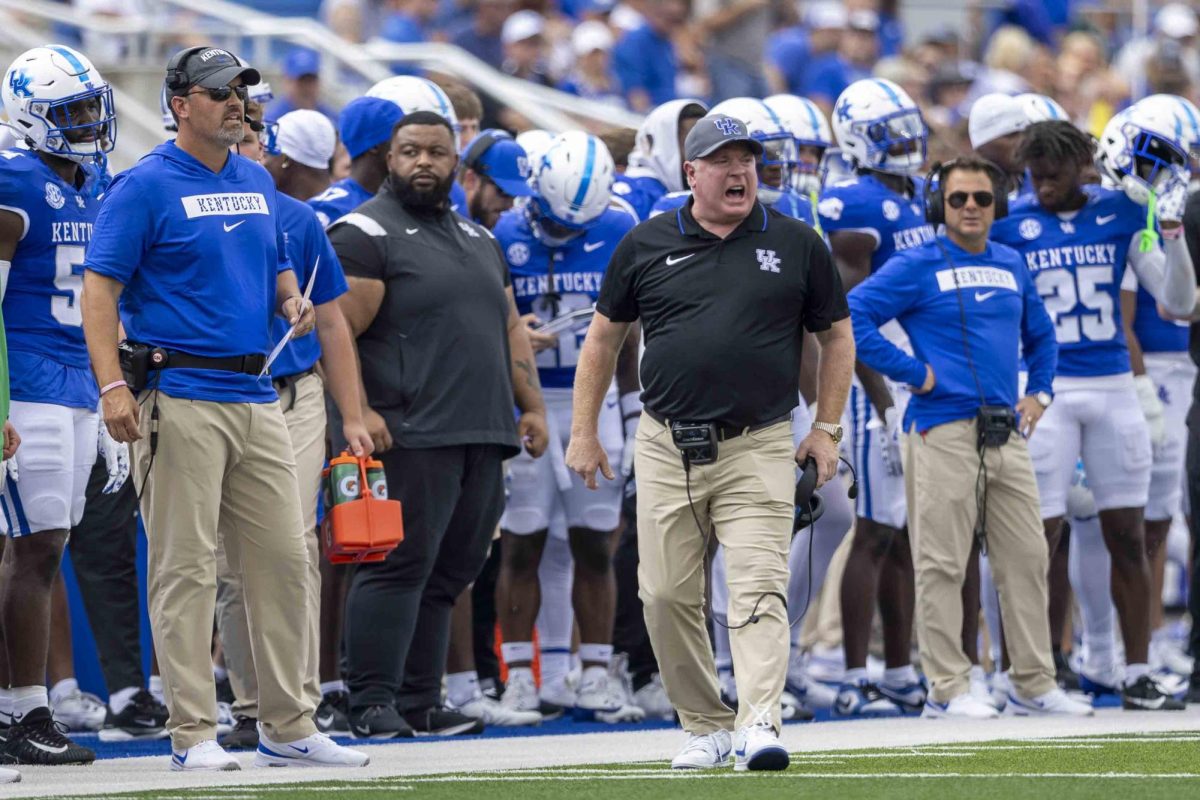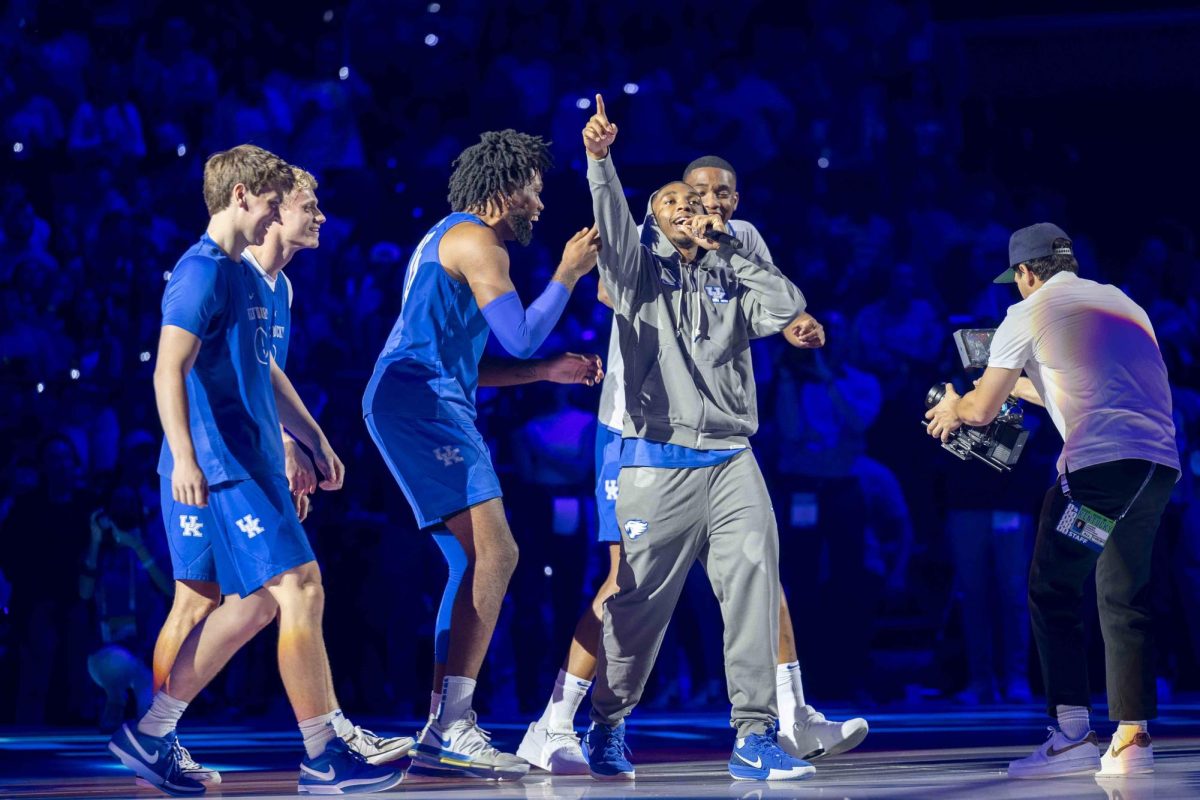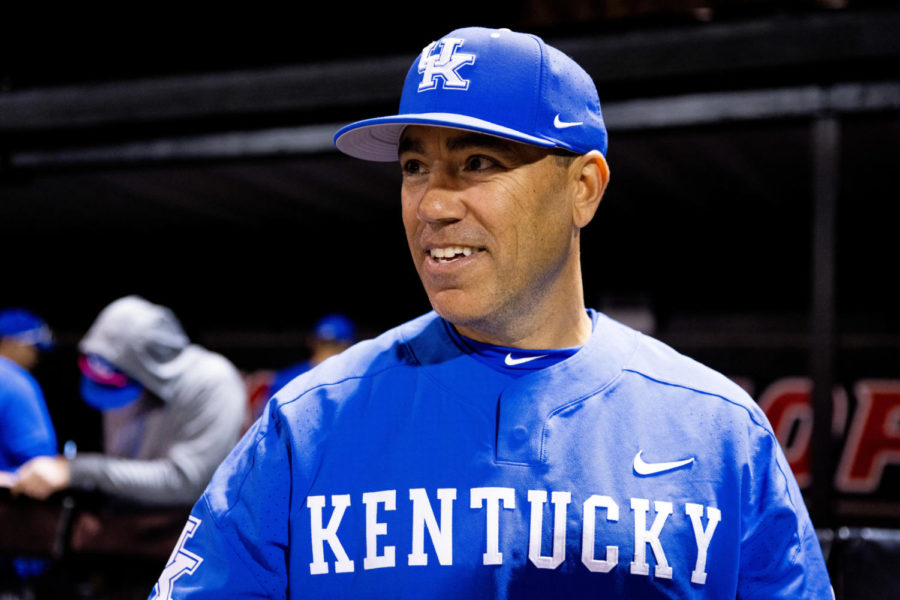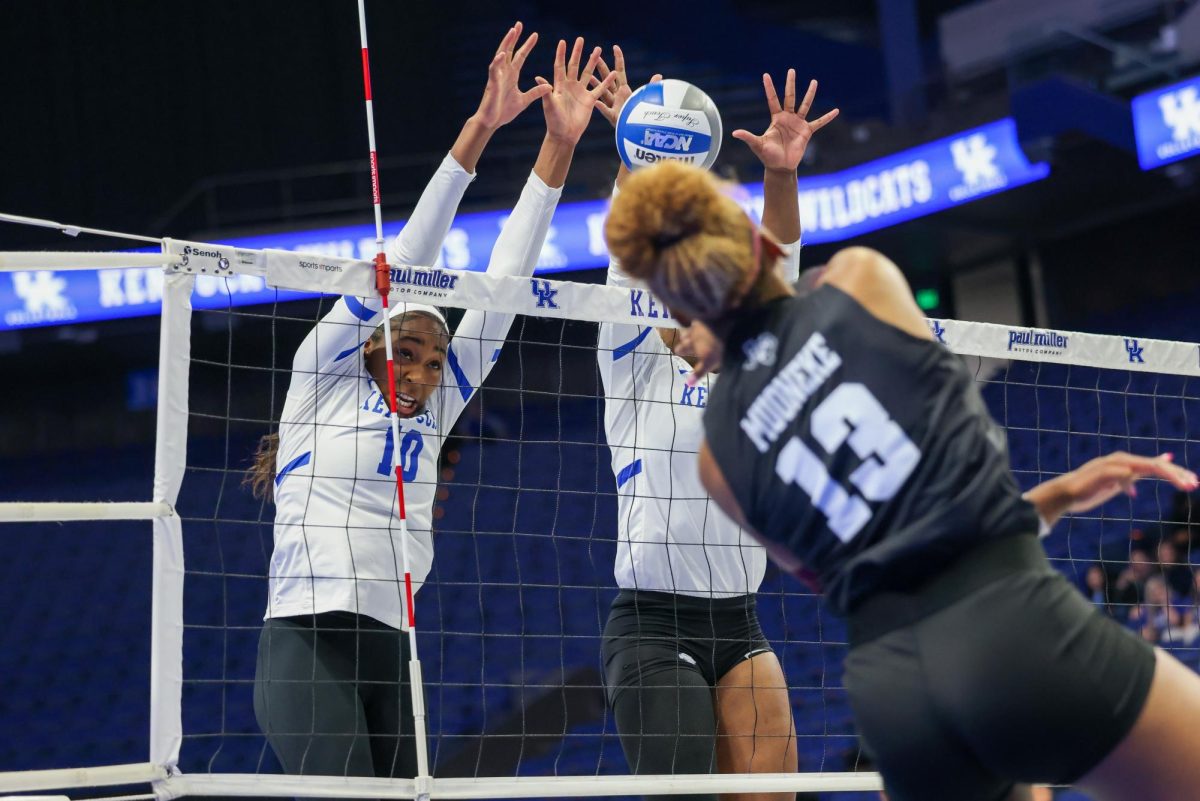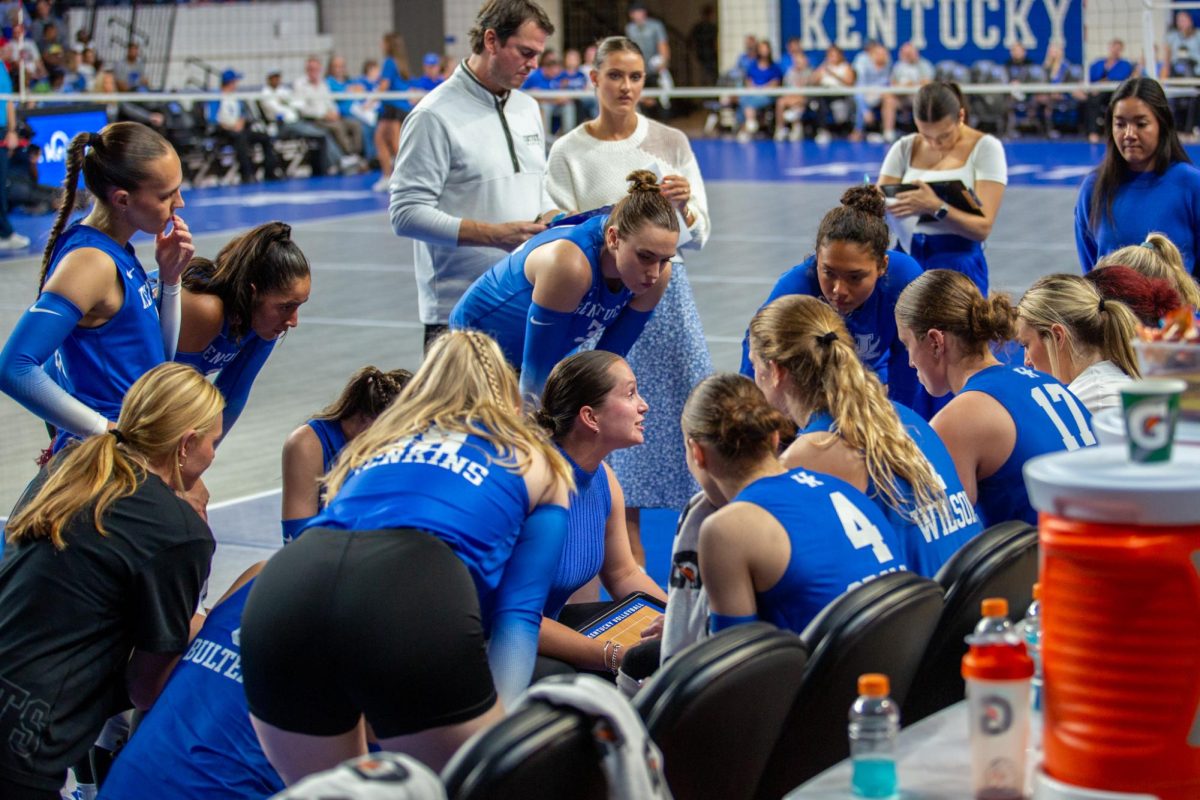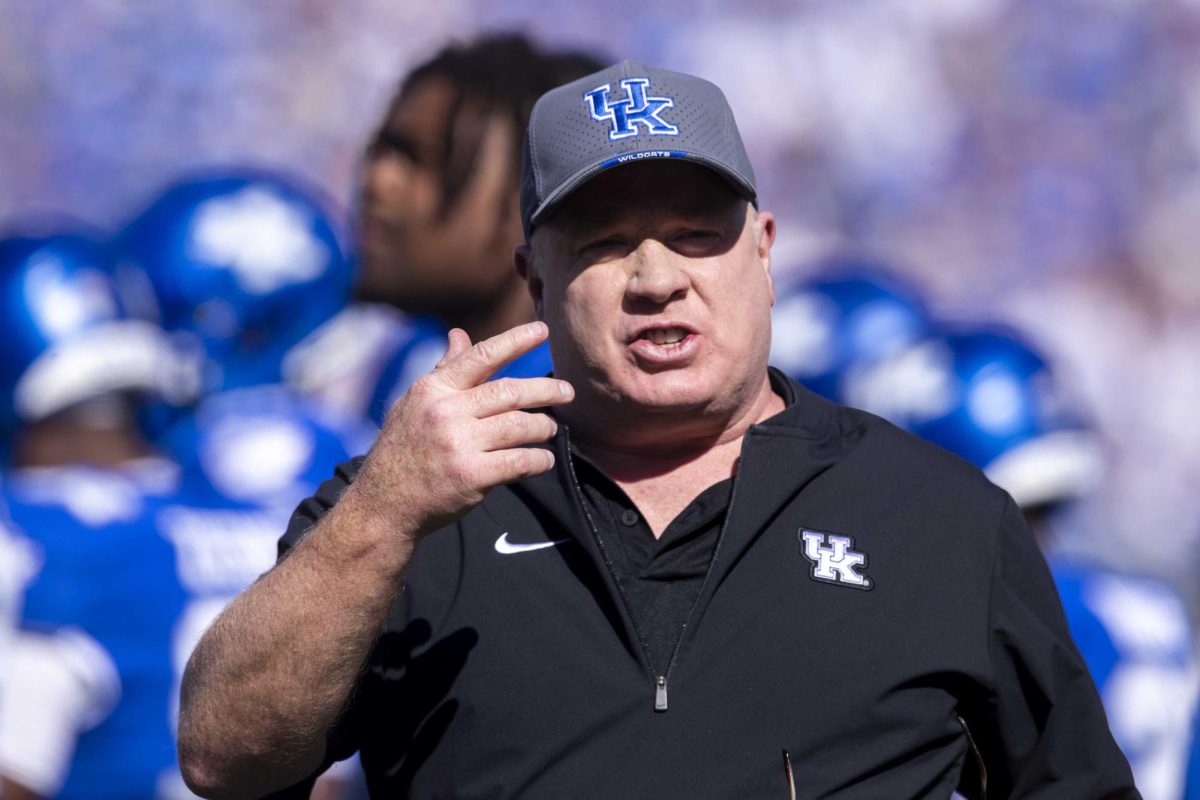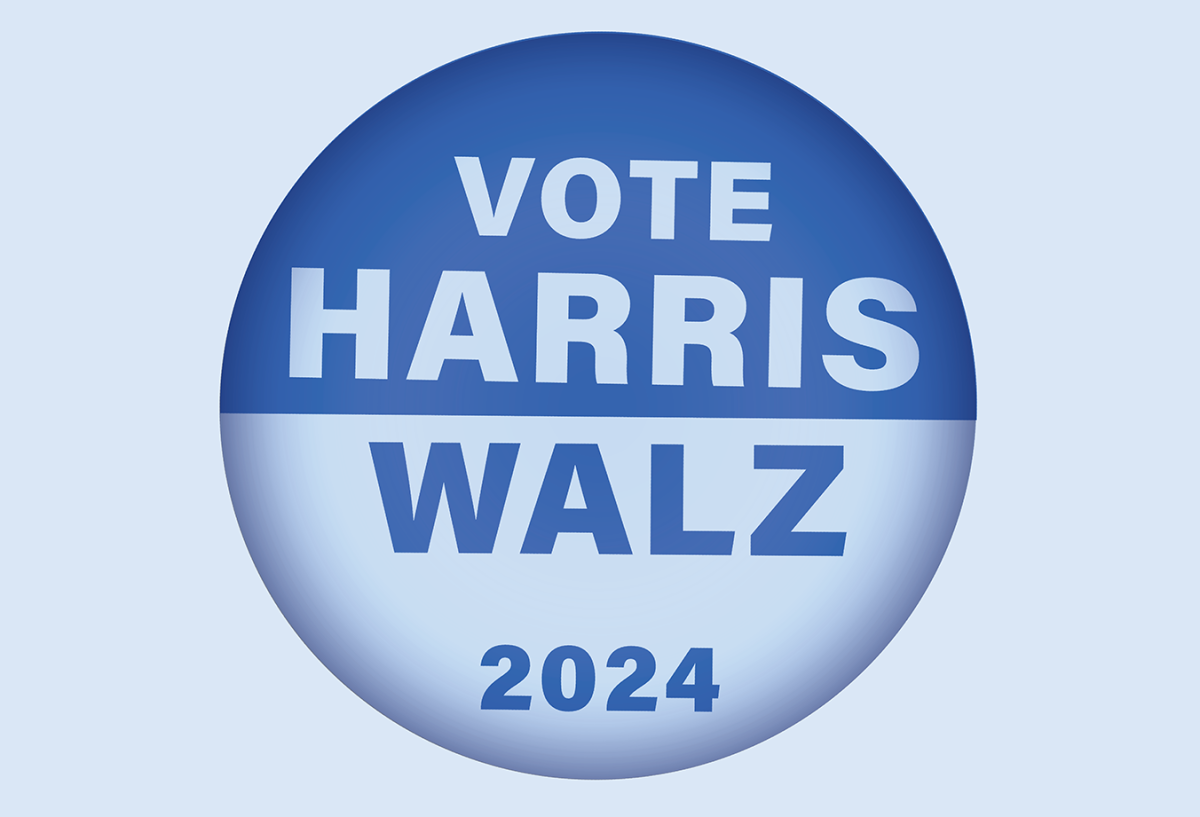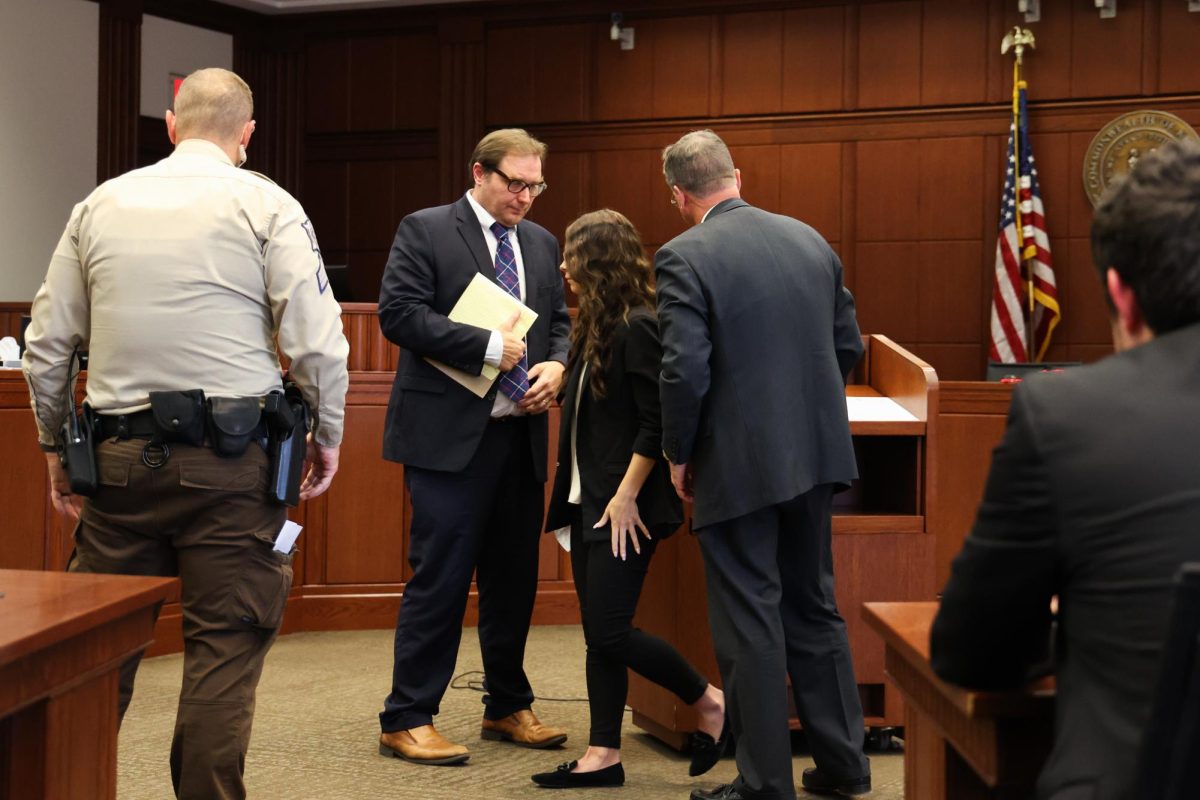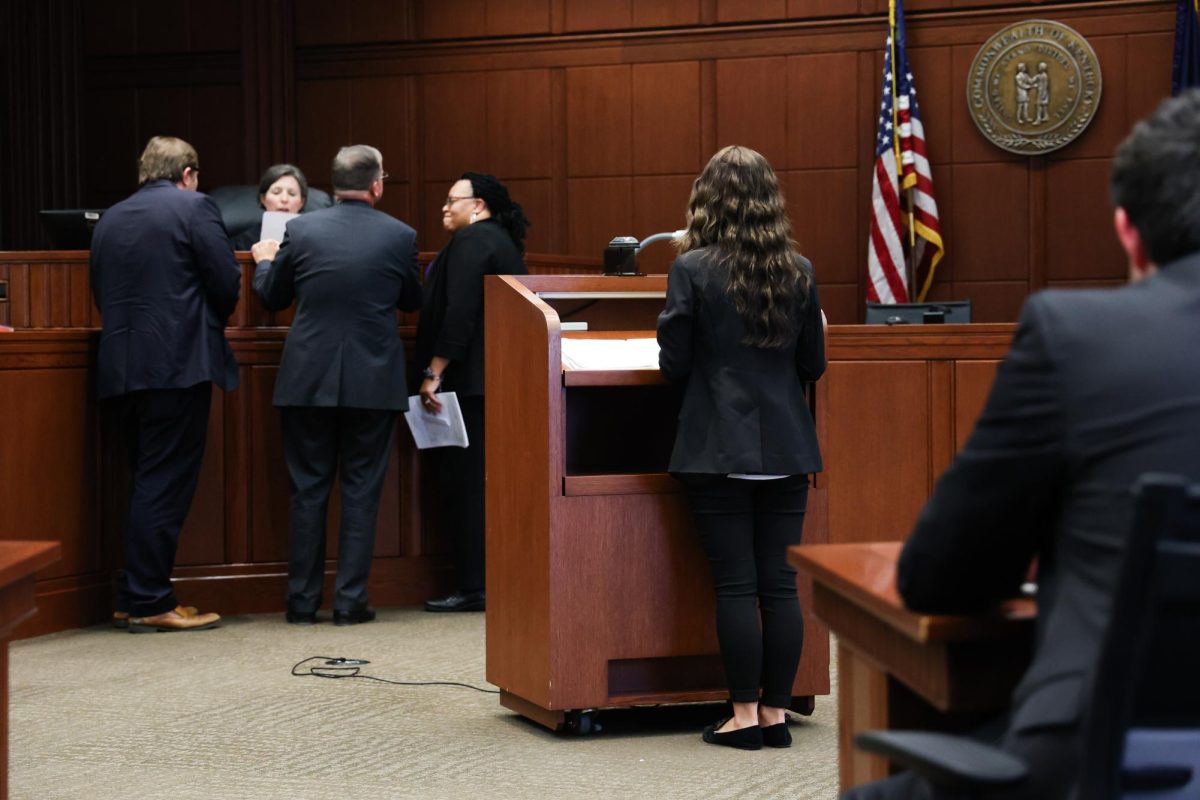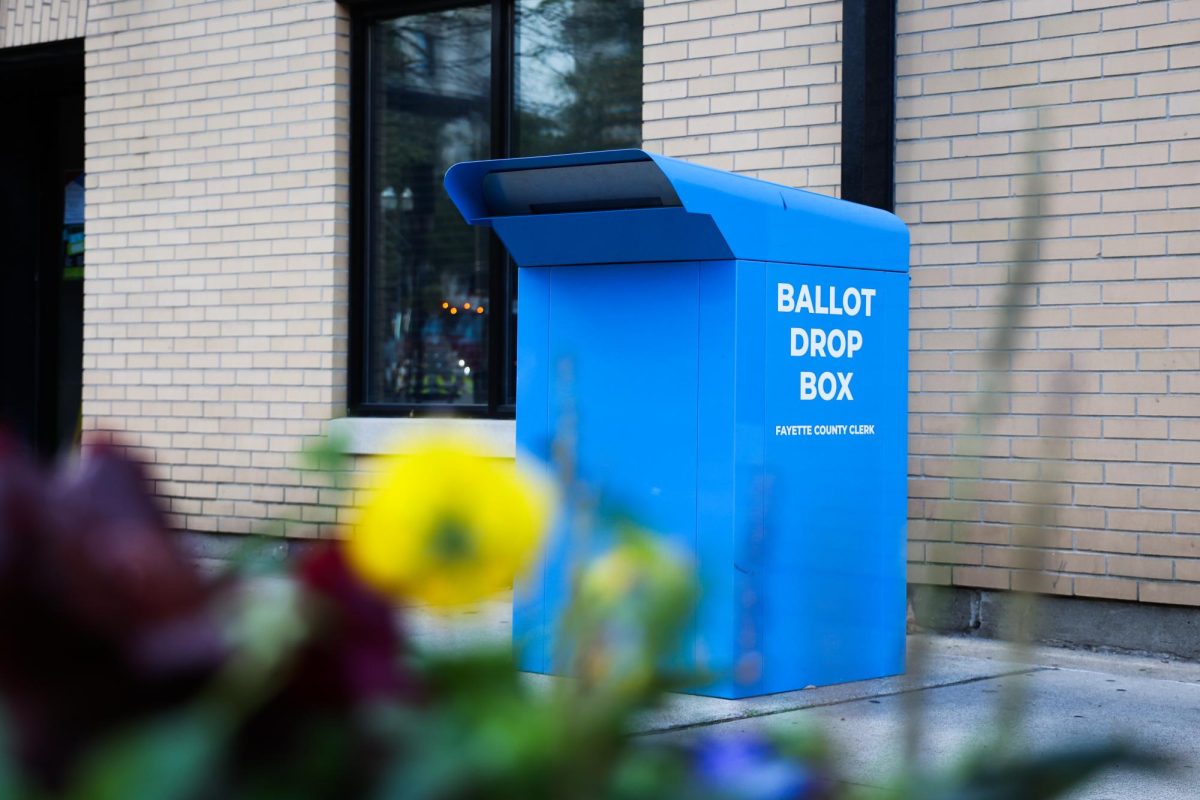Significant bills in state and national legislature
February 2, 2021
Congress is back in session.
At the beginning of January, run-off elections in Georgia gave Democrats the edge in the Senate, allowing the party of the president to set agendas and decide which bills to bring to the floor. Both chambers of the federal legislature are in session working through COVID-19 relief bills, impeachment plans and inner strife following the riot on the Capitol.
Kentucky’s state legislature also resumes this week, with lawmakers returning on Tuesday, Feb, 2 to pick up bills proposed in a short session in January. The most impactful set of bills are attempts from GOP lawmakers to limit the emergency powers of the governor in responding to coronavirus. View this summary of significant legislation at the state and national level:
House Bill 217
This bill seeks to limit the emergency order powers of the Governor by limiting the period of emergency orders to 15 days with extensions only provided by the General Assembly and placing limitations on the issuance of an emergency executive order.
It also amends a section of Kentucky Revised Statutes which states “the Governor may make ,
amend, and rescind any executive orders as deemed necessary.”
Dr. Julia F. Costich, a UK professor who specializes in public health policy, said that this bill may obstruct future governors from taking immediate action against possible disease outbreaks.
She emphasized the fact that the Kentucky General Assembly does not operate full-time, but instead meets for 60 days in even numbered years and 30 days maximum in odd numbered years. If the bill were to pass, Dr. Costich expressed that “feasible remediation may be stalled while legislators are brought into special session, which is expensive and time-consuming, from all around Kentucky.”
Beshear has used executive orders throughout the pandemic to place restrictions on schools, social gatherings and businesses, as well as mandating masks.
Dr. Costich said “a middle ground needs to be established – a balance between individual rights and public safety without requiring the intervention of the state legislature.”
She suggested that the judicial branch could be used to find a balance of power. Kentucky’s SUpreme Court has already heard cases about Beshear’s executive orders, particularly on whether school closures can be fairly applied to religious schools.
This bill has been sponsored by 12 legislators at the Kentucky House of Representatives, and has been sent to the State Government as of Jan. 9.
House Bill 10
This bill seeks to prohibit any public or private post-secondary education institution from requiring students to be vaccinated unless the individual is participating in an education program that deals with delivering healthcare services. Dr. Costich said she is “hopeful that this bill won’t pass.”
“We need various sectors of society such as businesses, public buildings, and schools to open up in order to inch closer towards the old normalcy,” Costich said.
She said the likelihood this bill passes is “even.” Should the bill pass, the larger question remains of if institutions can mandate a vaccine when supplies are limited.
The University of Kentucky is not currently requiring COVID-19 vaccinations for students, though in the fall they did mandate flu shots for all students coming to campus.
The passing of this bill, according to Dr. Costich, “will impede the University of Kentucky from going back to full in-person classes.”
This bill is sponsored by 3 House legislators and has been introduced in the House to the Committee on Committees.
Senate Bill 9
Known as the “born-alive” bill, this piece of legislature echoes federal legislation that would penalize healthcare professionals if they do not take certain steps of care for infants who survive an abortion or attempted abortion. Kentucky’s version states that physicians are responsible in proceeding with “medically appropriate and reasonable steps to preserve the life and health of a born-alive infant.”
It also seeks to “prohibit a person from denying or depriving a born-alive infant of medically appropriate and reasonable medical care, medical treatment, or surgical care.”
Most of the details in the bill have not been observed in Kentucky and are already guaranteed by pre-existing Kentucky laws or basic medical ethics. Dr. Costich said it “doesn’t really have to do with imposing additional requirements on physicians”, but instead is intended “to shame women who seek reproductive health services.” This bill became law without the signature of the Governor on Jan. 22.
Kentucky budget
Gov. Andy Beshear submitted a proposed budget for Kentucky’s 2021-2022 fiscal year during his state of the Commonwealth address on Jan. 7.
Beshear’s proposal includes a 2 percent increase in the General Fund for post-secondary institutions.
Dr. Julian Vasquez Heilig, dean of UK’s College of Education, said this budget is the legislation that would have the “biggest direct impact on students.”
The suggested increase would amount to an additional $2.65 million for UK, on top of its base annual appropriation of $265 million.
“We have to keep an eye on the budget since budget cuts trickle down on the students,” Dr. Heilig said. Given the overwhelmingly Republican General Assembly it seems unlikely that the entirety of the 2 percent increase will pass.
Dr. Heilig strongly recommended that students take an active role in the legislative process and “communicating with legislators about things that are important to you.”
“One resource that college students will have is the value of the education they receive”, said Dr. Voss. “College students, more than ever, have the responsibility to make sure that they are getting a quality education rather than just getting the grades and obtaining a diploma.”
American Rescue Plan
Perhaps the weightiest legislation currently under consideration is the American Rescue Plan, which if passed would be the third wave of COVID-19 relief for Americans.
President Joe Biden revealed the $1.9 trillion-dollar emergency package on Jan. 14.
According to the White House, the package has three main goals: “1. Mount a national vaccination program, contain COVID-19, and safely reopen schools”, 2. Deliver immediate relief to working families bearing the brunt of this crisis”, and 3. Support communities that are struggling in the wake of COVID-19.”
The package also proposes upgrades to federal information technology infrastructure in light of recent cyberattacks on multiple federal agencies.
Unlike previous relief packages, the American Rescue Plan would provide stimulus checks to college students and millions of other dependents who are claimed on parents’ taxes but still in need.
Biden is calling on the Congress to send additional $1400 per-person checks in an effort to provide direct financial relief to hard-hit households and stimulate the economy. This check will be given on top of the $600 stimulus checks that were passed as a part of the Consolidated Appropriations Act of 2021 to make the total amount $2000 for each individual.
Like previous packages, checks may depend on household income. But the American Rescue Plan also seeks to increase more direct forms of payment by raising the minimum wage to $15 an hour.
Many college students work minimum wage jobs and jobs in the service industry where they are dependent on tips. But the ARP also proposes ending the tipped minimum wage and sub-minimum wage for people with disabilities.
Dr. Stephen Voss, a professor of political science at UK, expressed concern over the possible adverse effects this plan may have on places where the cost of living is significantly lower . Dr. Voss explains that “forcing a broad national increase in minimum wage may harm the economy in places where the costs of living and wages are lower compared to other parts of the country.”
U.S. colleges would receive an additional $35 billion in funding from the APR. UK received $17.8 million in funding from the CARES Act, half of which went to students through emergency grants of $1,500.
Biden has also asked the Department of Education to extend the pause on federal student debt payments until the end of September 2021 while keeping the interest rate on loans at 0 percent.

